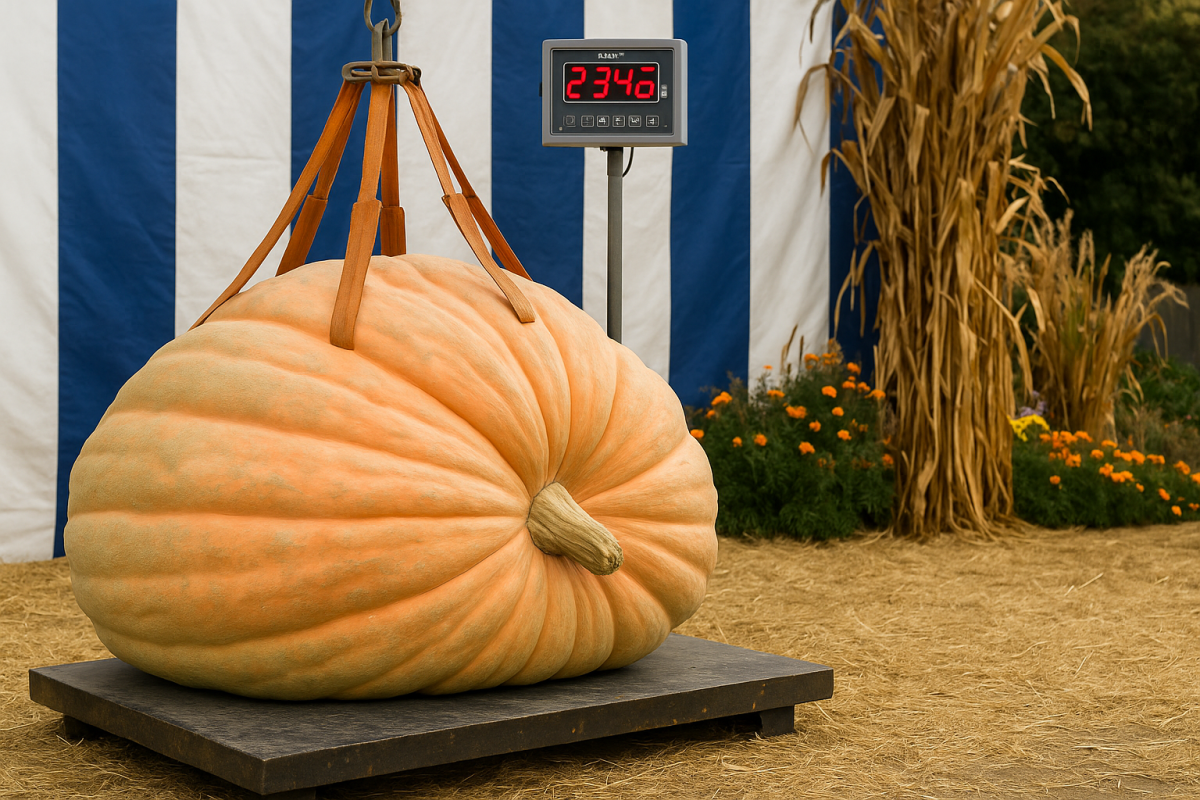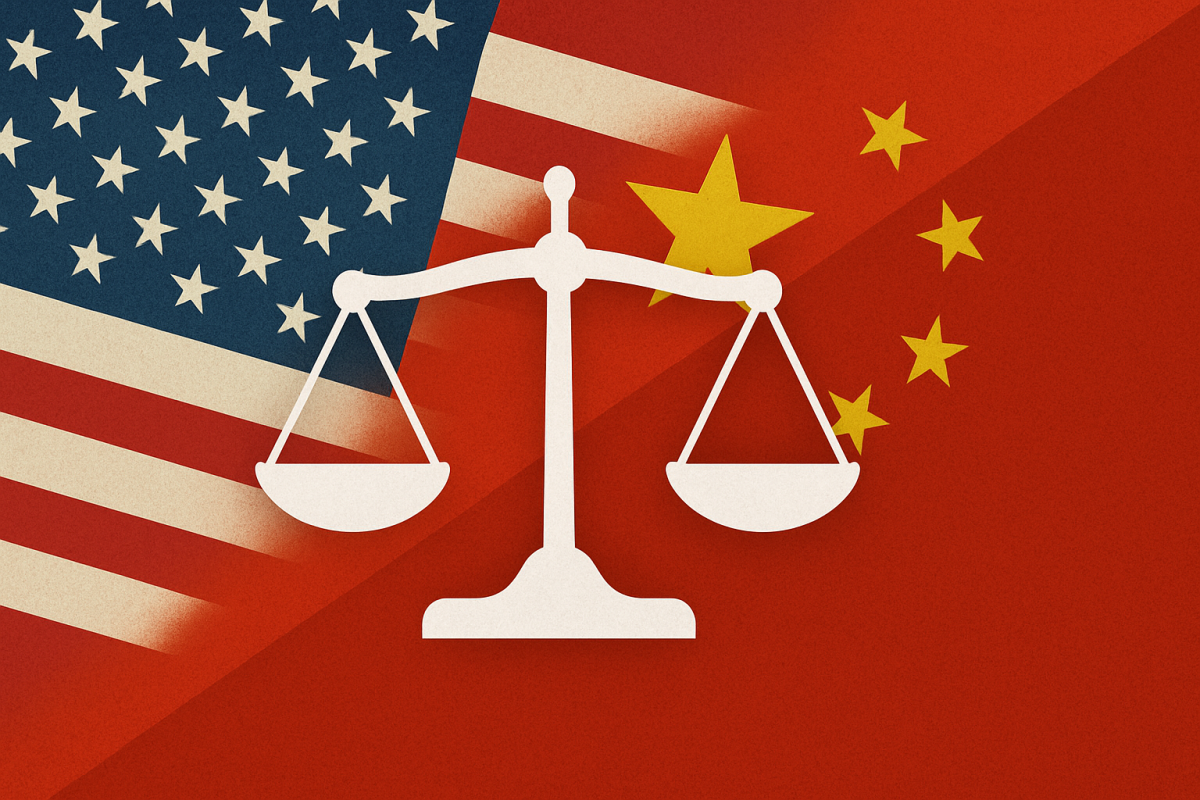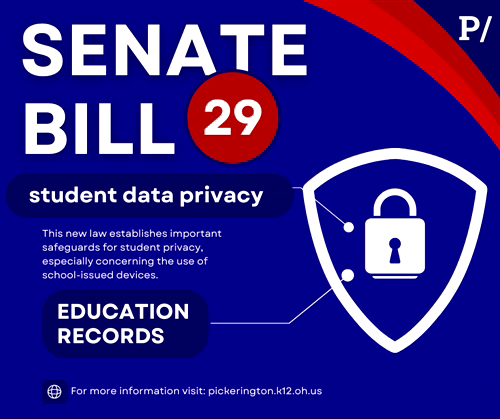Sports Betting On The Rise
the gambling industry is currently thriving
Americans today live to spend their money away on useless things, or invest it in a miniscule opportunity of receiving a greater reward. Gambling has always been around in the United States, but as society moves into a digital era, more obtainable gambling opportunities to waste away money are arising, especially in sports. In the 2024 Super Bowl alone, an estimated $23.1 billion was invested among sports bettors, which is a huge jump from the $16 billion invested the year prior.
Betting in the sports industry hasn’t always been legalized in the United States. In 1992, the Professional and Amateur Sports Protection Act, better known as PASPA, was passed under the Constitution’s Commerce Clause, granting Congress the right to regulate commerce amongst the states. This act was proposed by a New Jersey Senator and former professional basketball player, Bill Bradley, who believed that gambling on athletes took away from the value of sports, and according to a 2018 interview, “turned every basketball player, football player and baseball player into a roulette chip”. Because of overwhelming support for the act at the time, it prevailed through the early 2000’s until 2009 New Jersey Senator, Raymond Lesniak, challenged the law claiming that it was unfair to uphold the law to only 46 states, as the act prohibited changing state sport gambling laws that had been passed prior to the PASPA. The challenge to the PASPA took eight years to make it to the Supreme Court where New Jersey Governor, Phil Murphy was tried by the National Collegiate Athletic Association, or the NCAA, for violating the PASPA by attempting to pass a law that allowed sports gambling at licensed locations. The Supreme Court ruled in a seven to two decision that the PASPA violated the tenth amendment to the Constitution, which allowed states to make decisions on all rights not explicitly granted to the federal government; the court then furthered this decision in a six to three ruling that the PASPA itself was unconstitutional. This reversal granted all US states the opportunity to run rampant with the legalization of sports betting.
With the eventual allowance of sports wagering in the US, several states have taken initiatives to make laws protecting the gambling right. 38 out of the 50 US states have legalized the gambling of sports, and 33 of these states furthered the right by legalizing mobile sports betting, the most popular technique in modern times. In Ohio specifically, both are legal. The state even has two stadiums, Rocket Mortgage and Great American Ballpark, in which sports betting is enhanced with the integration of sportsbook betting sources on site. Within the six years since the PASPA was removed from legislation, four sportsbook mobile betting sources have acquired 90% of the industry. The two companies leading the industry are FanDuel and DraftKings, both of which function as a real life casino but take on a digital format. With both of these apps increasing in popularity, the $19.65 billion generated by DraftKings, and similar profits by FanDuel are only expected to increase throughout the rest of 2024, especially with the NBA’s March Madness starting up in the following weeks.
Even though sports betting is legalized in the majority of US states, this doesn’t mean gambling is accessible to everyone, as the minimum age requirement is 21. While this is a requirement to partake in any type of gambling, it is hard to physically prevent those underage from participating when sportsbook apps are widely available on any cellular device. In an NCAA released survey, it was recorded that out of the several individuals aging 18-22, 58% had engaged in at least one illegal sports betting activity. This percentage is only expected to rise as the sportsbook apps generate more revenue and continue advertising on any smart device accessible. Even though gambling on sports may not seem like the worst crime, it can directly affect youths’ mentality, as their brains have yet to fully develop. Several treatment facilities across the nation have seen an increase in individuals under the age of 30 seeking out help, especially in response to those who had compulsive problems dealing with gambling.
Overall, sports betting has grown to be one of the biggest industries this century because of the Supreme Court’s decision in 2018. While this gave the legalization process back to the states, the question of if it was the right choice has been the hot button issue since the reversal. Sportsbook apps are thriving on their large audiences across the nation, but several participants are losing out on their money and falling into deep rabbit holes of inescapable debt. While the entertainment aspect of sports wagering has returned, it may not have been worth the negative effects that have been enhanced by allowing not only sports betting, but mobile gambling in general to continue.
Categories:
Sports Betting
Sports Betting on the Rise
Story continues below advertisement
0
Donate to Paw Print
$125
$1000
Contributed
Our Goal
Your donation will support the student journalists of Green High School. Your contribution will allow us to purchase licensing, equipment, software, and cover our annual website hosting costs.
More to Discover
About the Contributor

Catherine Smith, Visual Design Editor

































